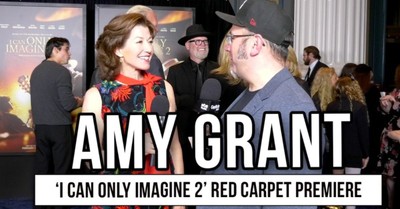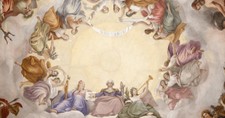

Southeastern University Cancels Classes as Students Worship Round the Clock: ‘God Is Here’

Bethel Church Places Pastor on Administrative Leave Amid Allegations of Clergy Sexual Abuse

What Christians Need to Know About the Impact of the Government Shutdown Involving The DHS

Nancy Guthrie Case Update: FBI Releases Profile, New Clues but Kidnapper Still Uncaught
Trending Articles

Nancy Guthrie Case Update: FBI Releases Profile, New Clues but Kidnapper Still Uncaught
Michael FoustRecent News
Trending Articles

Nancy Guthrie Case Update: FBI Releases Profile, New Clues but Kidnapper Still Uncaught
Michael FoustRecent News
Positive Stories
Celebrity
Video
Opinion
Church
Entertainment
Sports
Movies
Politics
Israel
Christian News Headlines - Breaking and Trending Religion News
Crosswalk Headlines - Christian news brought to you by a group of Christian writers and editors who are dedicated to creating a well-rounded look at what’s happening across the globe from a Christian worldview. Our vision is to inform and inspire productive discussion about the current events and online trends that shape our lives, our churches and our world.Crosswalk Headlines includes blog posts about current events and Christian media, breaking news, feature articles, and guest commentaries, many written by respected Christian thinkers.































































